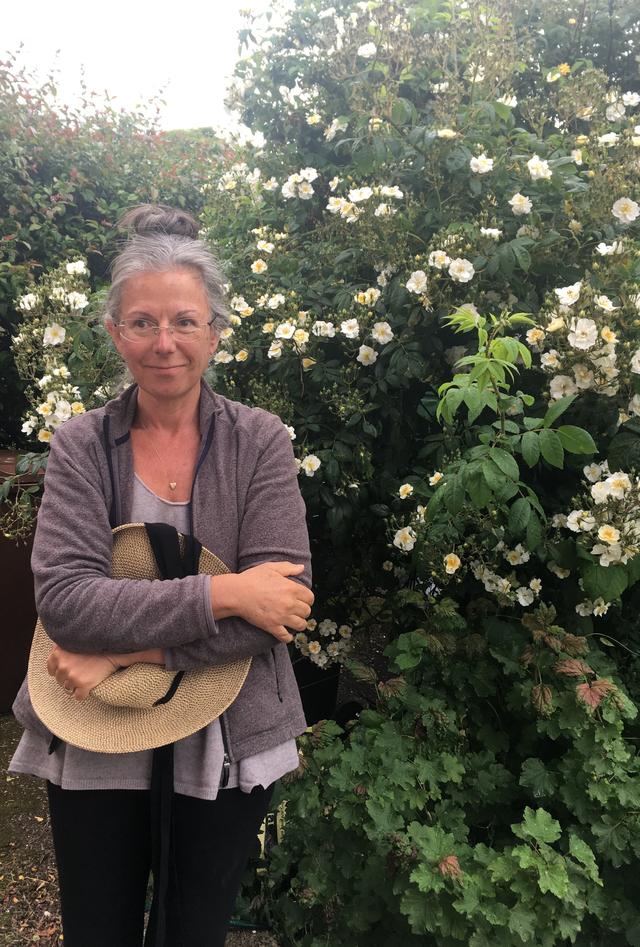Tia DeNora
The High Road and the Low Road, or, materiality, motive, and movement in Care for Music
Main content
The Care for Music project uses micro-analytical, ethnographic methods to examine how, when, where and why people care for music in scenes of late and end of life (care homes, hospices) in the UK and Norway. It is concerned with real time mutual processes of musical engagement and their consequences – for care, for social relation, for meaning making, and for daily existence. This talk will consider in detail some features of what caring for music looks like and can do and it will argue for the importance of micro analysis in and for socio-musical study. Key themes will include: temporality, intimacy, appropriation and adaptation, liminality, difference, approximation, capacity and capability, the distributed nature of identities, pleasure, mutuality, perception, and person-centered specificity.
Key Questions
- How is aesthetic experience part of care and caring?
- To what sense is capacity and capability also aesthetic and musical?
- How can we explore what music does in real time?
- How does ethnography enrich our understandings of music therapeutic processes?
Recommended Reading
Tia DeNora and Gary Ansdell, 2017 Music in Action. Tinkering, Testing and Tracing Over Time. Qualitative Research 17(2), pp: 231-245
Maybe the introduction of Tia DeNora, Making Sense of Reality - which is available through google books here:https://books.google.co.uk/books?id=D9XSAwAAQBAJ&printsec=frontcover&source=gbs_ge_summary_r&cad=0#v=onepage&q&f=false
Biography
Tia DeNora (Ph.D., FBA) is Professor of Music Sociology at the University of Exeter, Professor II in Music Therapy at the Grieg Academy, University of Bergen (GAMUT), and a PhD Associate at Nordoff Robbins London. At Exeter, she directs the SocArts research group. With Professor Gary Ansdell, she edits the Routledge Series, Music & Change. Her primary current research project, Care for Music, is supported by the UK’s Research Council for Arts and Humanities and in collaboration with Music Therapists Gary Ansdell, Randi Rolvsjord and Wolfgang Schmid. She is also Co-I on the ESRC, MARCH Network for Mental Health project (PI Daisy Fancourt) and a partner in the ARC Discovery Project, Social cohesion and resilience through intercultural music engagement (Jane Davidson, PI with collaborators in the UK and Australia). She has published widely on music history, music and wellbeing, mental health and end of life.

